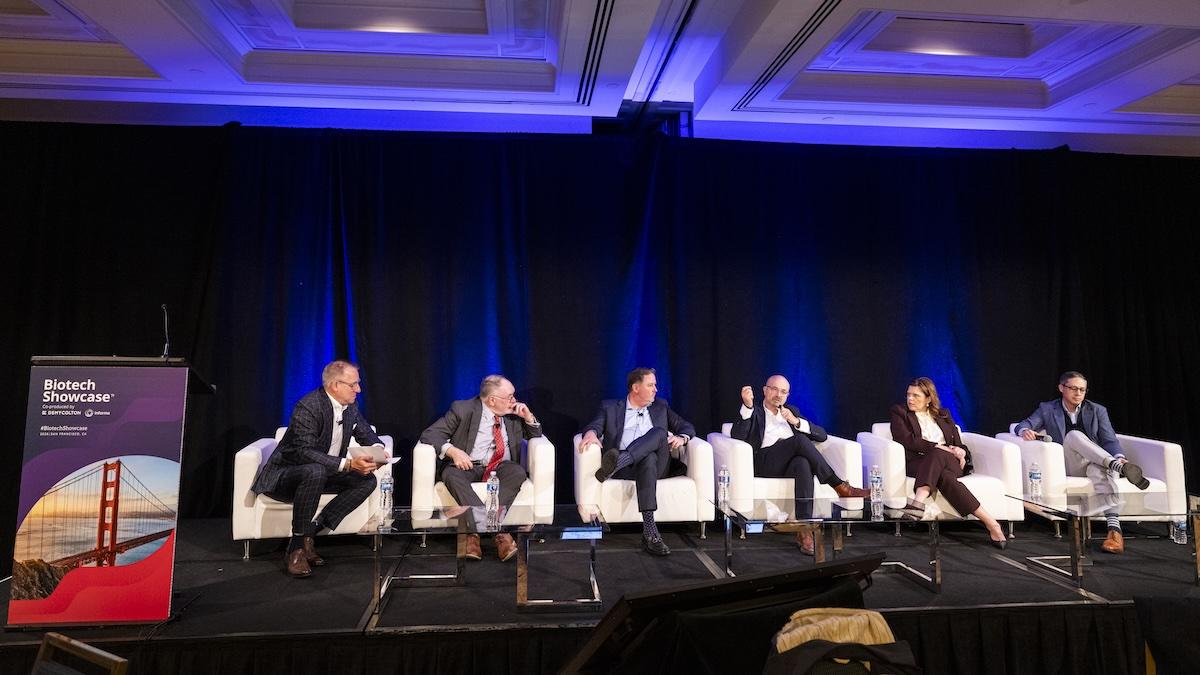Trump’s trade war with China could drive up US pharma costs

New tariffs on goods coming from China could hit the US pharmaceutical industry, according to a new analysis – and even undermine President Trump’s pledge to drive down the price of medicines.
Data and analytics company GlobalData says the burgeoning trade war between the US and China could have “huge ramifications” for both countries, but says the US is in a weaker negotiating position.
The warning from GlobalData follows an article earlier this week in the New York Times that suggested the trade war could hit prices of medical devices, many of which are manufactured in China.
The US Trade Representative’s (USTR) office announced on 3 April that it would add a 25% tariff on around $50bn worth of Chinese imports across 1,300 product categories, many of which are used by drug makers.
This will include active pharmaceutical ingredients (APIs) manufactured in China, which along with India now produces the majority of the world’s supply in these raw materials for medicines production.
FDA figures suggest 80% of the US industry’s API supplies come from these two countries, although most of this figure relates to generic medicines.
Ashwin Oberoi, Mchem, Oncology Analyst at GlobalData, says: “This could be concerning for US generics drug makers such as Novartis’ Sandoz, Pfizer, Teva and Mylan, and potentially even companies that produce biosimilars, as the proposed tariff could increase manufacturing costs and result in higher prescription drug costs for patients across the US.”
China has responded to Trump’s move by imposing a 25% duty on 106 US goods, but decided not to add such tariffs for US drugs being imported into China.
The Chinese government has also offered a preferential tax rate of 15% to generic drug makers in the hope of reducing costs for patients and with the aim of fostering innovation.
President Trump has now in turn instructed the USTR to consider adding an extra $100bn worth of tariffs on Chinese imports. The US government will place a 25% tariff on raw drug ingredients, insulin, epinephrine and vaccines.
GlobalData, says China looks to have the upper hand because its homegrown biopharma industry does not seem to be threatened by this move.
Oberoi concludes: “The uncertainty of these new proposed tariffs may diffuse through the entire value chain of the biopharma industry and negatively affect US patients, payers, and generics and biosimilar drug makers. It may lead to reduced trade with China as the US biopharma companies may opt for procuring APIs from other countries such as India.
“In a scenario where prices are capped, there may be less investment going into R&D, which could potentially harm US innovation in the longer term.”
As the analysts point out, President Trump has made numerous pledges to cut prescription drug prices – but the tit-for-tat tariff war he has launched could undermine these efforts.
In pharma industry terms, there is no doubt that China is looking to become a rival to the US in biotech and pharma innovation, moving beyond its current reliance on generic manufacturing.
Last year China’s medicines regulator announced a number of reforms, including speeding up novel drug approvals and encouraging foreign investment. This includes making it easier for global pharma companies to conduct trials in China – a move which many predict could make China a major player in R&D in the coming decades.













